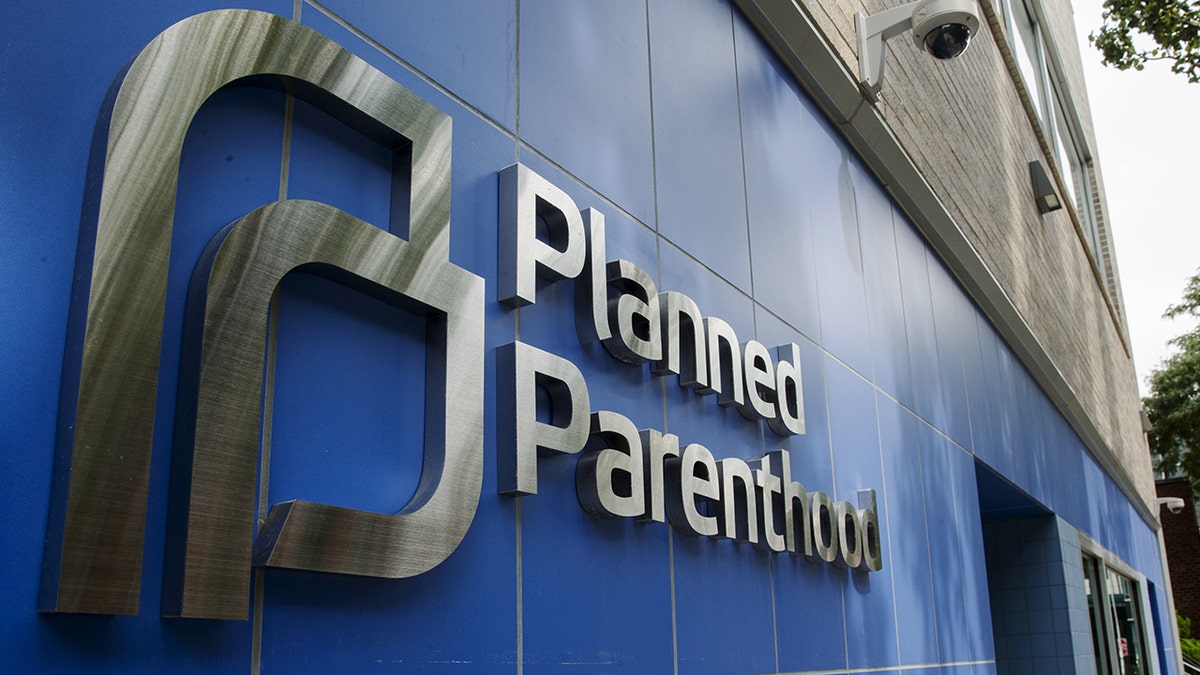Fox News Flash top headlines for December 18
Fox News Flash top headlines are here. Check out what's clicking on Foxnews.com.
- Planned Parenthood of Wisconsin announced Monday its intent to resume abortion services come Dec. 28.
- The move comes shortly after Dane County Circuit Judge Diane Schlipper's reaffirmation of a previous ruling, in which she determined state law does permit consensual abortions.
- Schlipper argued that Wisconsin's 1849 law only outlaws the killing of the unborn, differentiating it from voluntary medical procedures.
Planned Parenthood of Wisconsin announced Monday that it will resume offering abortions at its Sheboygan location on Dec. 28.
The group promised earlier this month to restart abortion services at the clinic "as soon as possible" after a judge on Dec. 5 reaffirmed her ruling that state law permits abortions.
KENTUCKY WOMAN DROPS LAWSUIT DEMANDING THE RIGHT TO AN ABORTION
Planned Parenthood providers stopped offering abortions in the state in June 2022 immediately after the U.S. Supreme Court overturned its decision in Roe v. Wade. Clinics in Milwaukee and Madison resumed offering abortions in September, leaning on an initial ruling from Dane County Circuit Judge Diane Schlipper that said Wisconsin's 173-year-old abortion ban outlaws killing fetuses but does not ban consensual medical abortions.

A sign is pictured at the entrance to a Planned Parenthood building in New York, August 31, 2015. (REUTERS/Lucas Jackson)
Schlipper's final ruling earlier this month boosted Planned Parenthood leaders' confidence that they could restart abortion services at the Sheboygan clinic, too.
Sheboygan County District Attorney Joel Urmanski, a Republican, acknowledged that he is obligated to comply with the ruling but promised to appeal it. The case is likely to end up before the Wisconsin Supreme Court, which recently flipped to liberal control. Urmanski's attorney did not immediately respond to an email sent Monday seeking comment.
CLICK HERE TO GET THE FOX NEWS APP
"While we are grateful to be resuming medication abortion care at the Sheboygan Health Center, there is more to be done," Planned Parenthood of Wisconsin President Tanya Atkinson said. "We will continue essential work to help protect and expand reproductive freedom in Wisconsin so that everyone who needs comprehensive reproductive health care in our state can get the nonjudgmental and compassionate care they deserve."













































